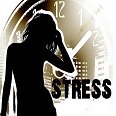- + 91 9958444373
- Malviya Road Dehradun, UK, India.
Blogs detail
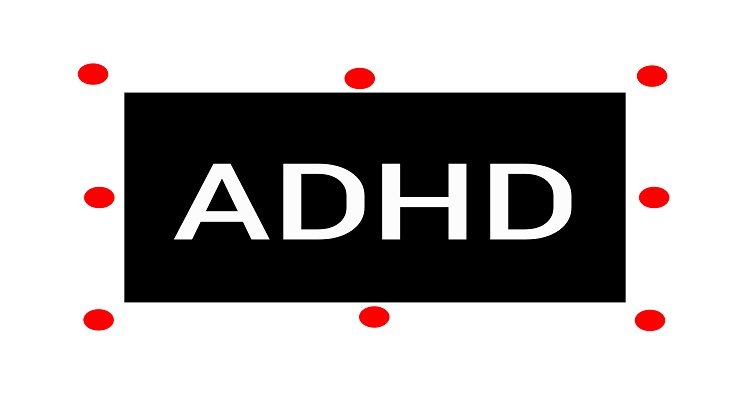
Attention Deficit Hyperactivity Disorder [ADHD] In Adults
- 2020-08-10
ADHD can affect adults with various symptoms that can vary from person to person; ADHD can be impactful in daily life and can have a major impact on relationships to career. ADHD is not just for children.
Now let’s elaborate and understand ADHD and what it may be like for adults and how does it impact them!
ATTENTION DEFICIT HYPERACTIVITY DISORDER [ADHD] IN ADULTS
Attention deficit hyperactivity disorder (ADHD) is a mental health disorder that may lead to above-normal levels of hyperactivity, impulsive behavior, and inattention in adults. ADHD can also lead to unstable relationships, poor work performance, and low self-esteem.
As per the Diagnostic Statistical Manual, ADHD in adults is diagnosed in adolescents and adults age 17 years and above.
Over the years it was found that only children could be diagnosed with ADHD and not adults, but even adults face signs and symptoms of Attention deficit hyperactivity disorder (ADHD). Adults with ADHD face difficulty in focusing and prioritizing, tend to forget deadlines and important meetings as well as social plans.
TYPES OF ATTENTION DEFICIT HYPERACTIVITY DISORDER
The mental disorder, Attention deficit hyperactivity disorder (ADHD) has three major types:
ADHD COMBINED PRESENTATION: People going through this type of ADHD, show signs of both being inattentive and hyperactive. The Combined Presentation of ADHD is the most common type.
ADHD PREDOMINANTLY HYPERACTIVE: People diagnosed with ADHD show signs of being hyperactive and have a constant urge to keep moving all the time. Such people also display impulsive behavior. This type is the least common type of ADHD
ADHD PREDOMINANTLY INATTENTIVE: People who are ADHD predominantly inattentive will be easily distracted and will face problems in concentrating and focusing. Diagnosed with this type will also create difficulty in paying attention.
SYMPTOMS OF ATTENTION DEFICIT HYPERACTIVITY DISORDER
The symptoms of ADHD vary from person to person and could also vary from the type of ADHD the individual is diagnosed with. The following are the symptoms of ADHD:
Problems in focusing
Disorganization and may face problems in prioritizing things
Poor time management skills
Multitasking troubles
Issues in completing tasks
Impulsiveness
Frequent mood swings
Lower frustration tolerance
Short attention span
Hot temper
Faces trouble in coping with stress, anxiety, and depression
Constant urge to keep moving
DIAGNOSIS OF ATTENTION DEFICIT HYPERACTIVITY DISORDER
ADHD is diagnosed by Clinical Psychologists, Mental Health Care Professionals, or a Psychiatrist
No medical or physical examination is required for the diagnosis of ADHD as such. A diagnostic evaluation may be required which may include standardized rating scales, symptoms checklist, and detailed history of past and current functioning. Mental health professionals may also use various cognitive ability tests to check if one is undergoing any learning disability
TREATMENT OF ATTENTION DEFICIT HYPERACTIVITY DISORDER
The standard treatment for ADHD in adults requires the use of both medication and therapies. Medicines and therapy go hand in hand and work complementary to each other.
Medication: The professionals may prescribe anti-depressants and stimulants to relieve the symptoms of anxiety and depression.
Psychotherapy: Cognitive Behaviour Therapy, Behaviour Therapy, Group Therapy, and psychoeducation are therapies that a mental health professional may make use of to help in getting rid of ADHD.
Meditation and Exercise: Exercising and meditating can help in reducing symptoms of stress and anxiety in ADHD individuals and are also proven to reduce depression.
Contact now
We are a group of health professionals, including Psychologists, Clinical psychologist, Rehabilitation Psychologist, Counsellors, Mindfulness Experts and Social Workers. We are working since 2018 in India to foster mental health.
Contact Us
recent blogs
-

SADNESS AND DEPRESSION ARE DIFFERENT!
2020-06-16 -
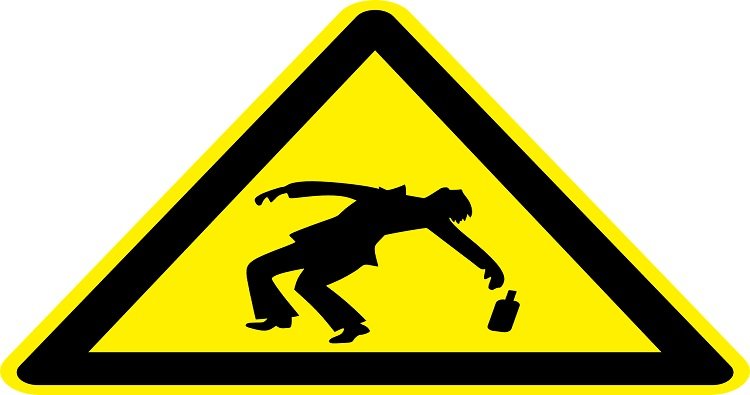
ALCOHOL USE DISORDER (AUD)
2020-06-19 -
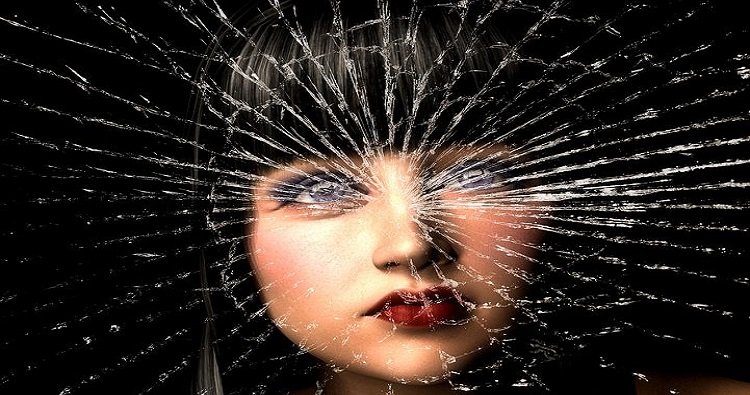
SEASONAL AFFECTIVE DISORDER (SAD)
2020-06-12 -

UNDERSTANDING MINDFULNESS MEDITATION
2020-06-03 -
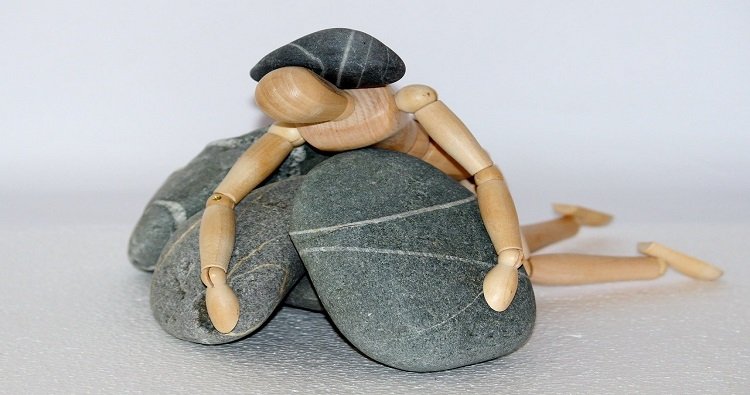
BURDEN OF DEPRESSION
2020-06-17



